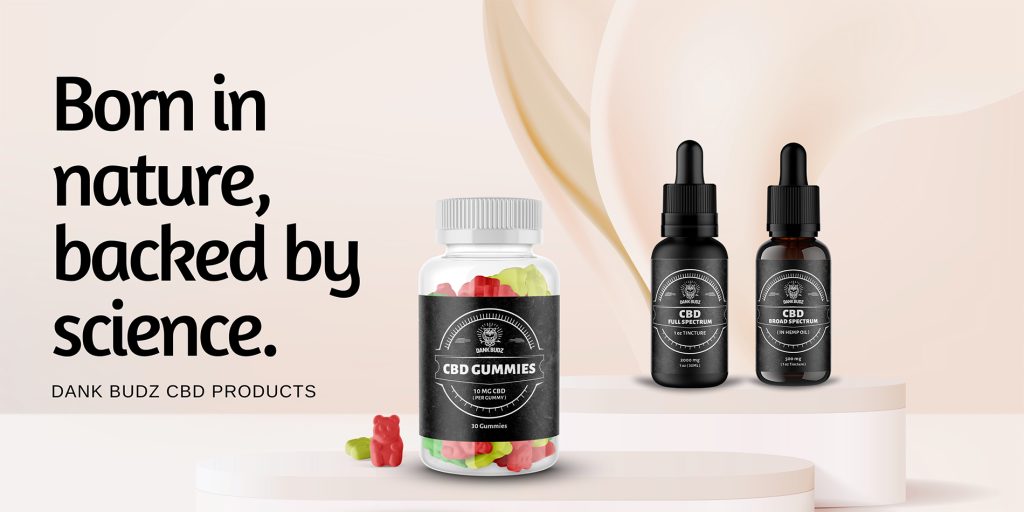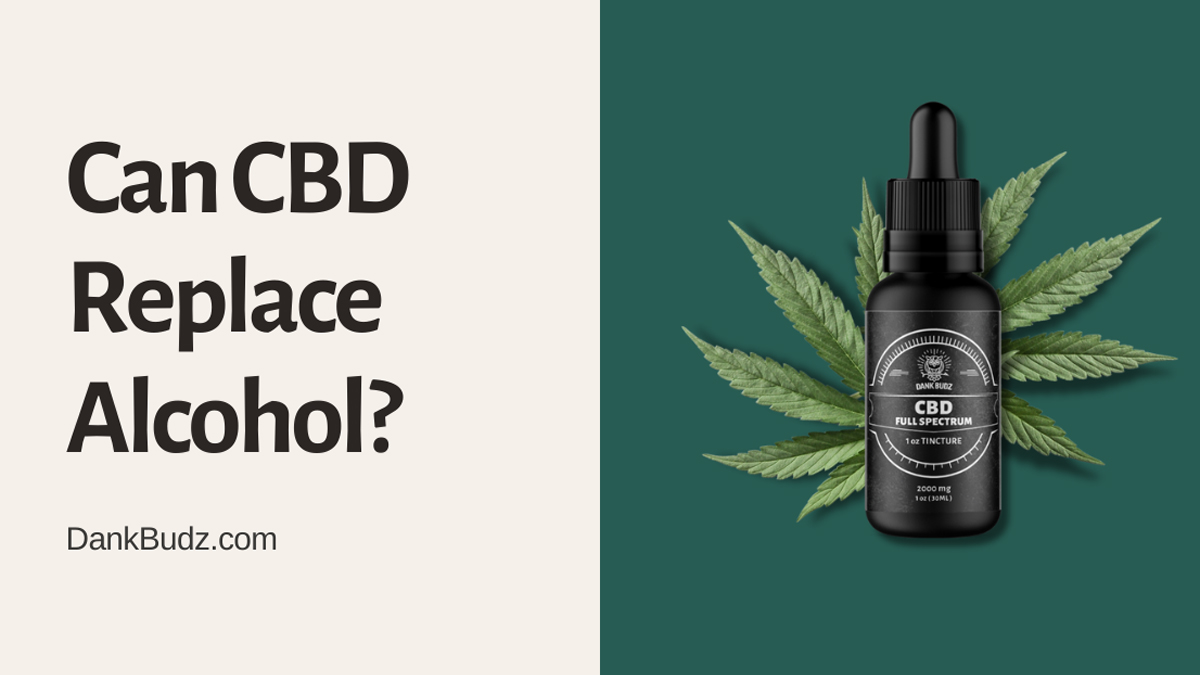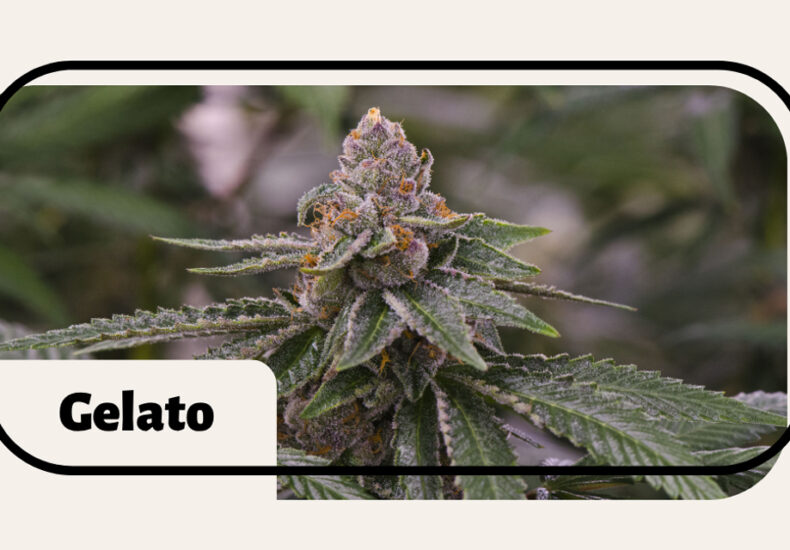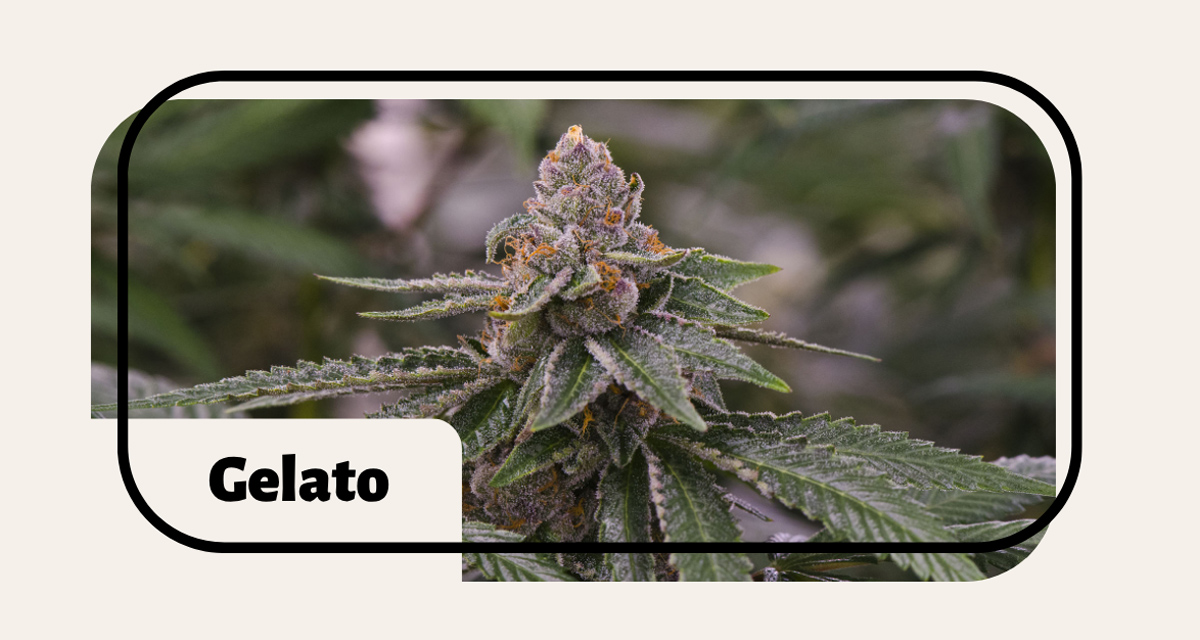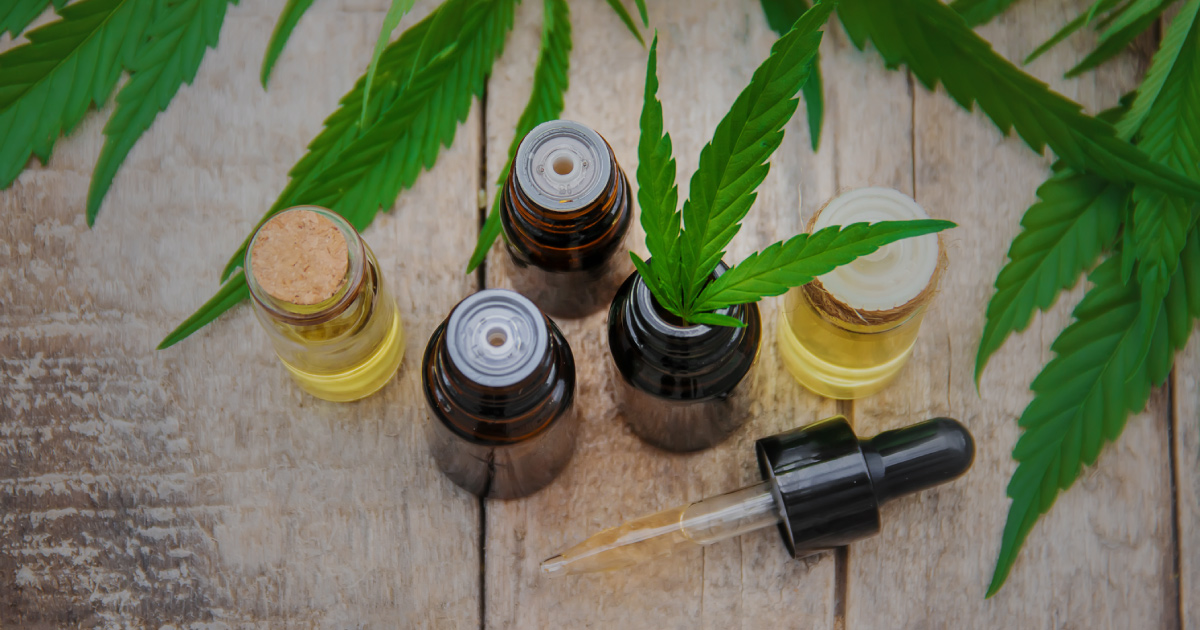
Medical marijuana legislation has been evolving rapidly across the country over the past several years, and there are countless medical marijuana products capable of treating a wide variety of medical conditions. Cannabidiol (CBD) is one type of cannabis product that technically falls outside the traditional definition of “marijuana” in most states, so where is CBD oil legal?
While CBD oil is technically legal in all 50 states, only a few states have enacted specific legislation concerning CBD. In states with no clear CBD laws, however, the purchase, possession and use of CBD is illegal in many situations.
If you or someone you know plans to use CBD oil in any way, it’s important to check your state’s CBD oil laws before attempting to purchase or use the product.
CBD’s Legal Status Across the Country
You may be able to purchase CBD oil in your state, but only in limited quantities or certain strengths. One of the major factors all CBD users should understand is the difference between hemp- and marijuana-based CBD oils.
Hemp Oil vs. CBD Oil
CBD manufacturers can extract CBD oil from either hemp or marijuana. Both of these plants are in the cannabis family, but they have very different properties, particularly when it comes to psychoactive compounds.
Hemp has a much lower tetrahydrocannabinol (THC) count than marijuana. While hemp may only contain as much as .3 percent THC, marijuana can contain up to 30 percent, so oils extracted from these two base plants will have very different properties.
Hemp-based CBD oil is legal to buy, sell, possess and use in all 50 states because it has no psychoactive effects. As of 2018, Alaska, California, Colorado, Maine, Massachusetts, Nevada, Oregon and Washington have laws on the books allowing the medical and recreational use of marijuana in all forms; this applies to both hemp-based CBD oil and marijuana-based CBD oil.
Twenty-nine states allow the medical use of all CBD products, but there are 17 states with specific legislation regarding CBD products.
State-Specific CBD Oil Laws
Pay very close attention to the wording of your state’s specific CBD laws to avoid fines and possibly more severe penalties. Seventeen states technically allow the use of hemp-based CBD oil, but only if you have a qualifying medical condition and meet the state’s requirements.
Alabama
Alabama’s CBD oil laws are very clear: Only individuals who have a “debilitating epileptic condition” may use CBD oil, but the law only states they may use their medical condition as an affirmative defense against prosecution. The law technically doesn’t allow you to use CBD oil; it simply prevents the state from prosecuting you for using it as long as you have a qualifying medical condition.
Georgia
Georgia state law allows patients with several specific medical conditions to consume CBD oil, but only up to a 5 percent THC concentration.
Qualifying medical conditions include:
- Seizure-related conditions
- Lou Gehrig’s disease
- Crohn’s disease
- Post-traumatic stress disorder (PTSD)
- Multiple sclerosis
- Cancer
Georgia patients with qualifying conditions need to consult their physician regarding whether they qualify for CBD oil.
Indiana
Indiana law only allows the use of CBD oil with no more than a .3 percent THC concentration. The only acceptable medical condition that would qualify one to use this type of oil in Indiana is “treatment-resistant epilepsy,” or any type of epilepsy that traditional treatment methods cannot help.
Iowa
As long as an individual qualifies for medical cannabis use under the Iowa Code, he or she may purchase, possess and use CBD oil in Iowa.
Kentucky
Kentucky law doesn’t address CBD oil directly. Instead, this law removes CBD oil from the definition of “marijuana.” This change effectively allows Kentucky residents to use CBD oil, but the law does not stipulate how they may obtain these products.
Mississippi
Mississippi Gov. Phil Bryant remains staunchly opposed to any legislation that would effectively legalize marijuana, but “Harper Grace’s Law” now allows Mississippi residents who suffer from severe seizure disorders to use CBD oil. The state requires all CBD oil products to undergo thorough testing and quality control processes at the National Center for Natural Products Research at the University of Mississippi.
Also, the only places allowed to dispense CBD products are the Department of Pharmacy Services at the University of Mississippi Medical Center and a few select pharmacies. Products must be at least 15 percent CBD oil and contain no more than .5 percent THC
Missouri
In Missouri, any patients with intractable epilepsy may use CBD oil products that are at least 5 percent CBD, but products must have a THC concentration of less than .3 percent. Patients must apply to the Missouri Hemp Extract Registration Program to qualify for a CBD oil card.
North Carolina
North Carolina law allows patients with intractable epilepsy to use products with at least 10 percent CBD oil and less than .9 percent THC concentration by weight. The law holds that it remains illegal to product hemp extract or to grow hemp in the state.
Oklahoma
Oklahoma CBD oil laws have evolved several times in recent years. Today, the law alters the state’s definition to exclude any cannabidiol product approved by the Food and Drug Administration (FDA).
Patients with qualifying conditions like severe epilepsy, multiple sclerosis and chronic wasting diseases may use CBD products with no more than .5 percent THC concentration.
South Carolina
South Carolina only allows CBD oil for patients suffering from severe epileptic conditions like Lennox-Gastaut syndrome and Dravet syndrome. Acceptable products in South Carolina must be at least 15 percent CBD and no more than .9 percent THC.
South Dakota
South Dakota’s 2017 law added CBD oil to the list of Schedule IV controlled substances and no longer considers CBD marijuana under the legal definition. South Dakota’s only specific requirement is that all CBD products in the state must have FDA approval.
Tennessee
Tennessee CBD oil laws are somewhat strange, as the state allows the use of CBD oil as long as users purchase it legally within the United States, but outside of Tennessee. The state only allows the use of CBD oil with no more than a .9 percent THC concentration for clinical studies on intractable seizure conditions.
Texas
Patients with intractable epilepsy in Texas may use CBD products that are at least 10 percent CBD and no more than .5 percent THC, as long as they obtain recommendations from at least two certified specialists. However, federal law prohibits doctors from prescribing CBD products directly.
Utah
Individuals suffering from intractable epilepsy may apply for and obtain a card from the Utah Department of Health that allows possession of hemp extracts in Utah. Acceptable products can have no more than .3 percent THC and contain no other psychoactive compounds or substances. Products must also be at least 15 percent CBD oil, and patients must submit a signed statement from a neurologist with a card application.
Virginia
Similar to Alabama, Virginia law now allows patients to use a qualifying epileptic condition as an affirmative defense against prosecution for the possession of certain CBD products. However, patients have access to a wider variety of products with different THC strengths, as this law only applies to products with at least 15 percent CBD and no more than 5 percent THC.
Wisconsin
Wisconsin law requires CBD users to obtain a letter from a physician stating they have a qualifying medical condition for CBD. Products must not have any psychoactive effects and must have FDA approval.
Wyoming
Patients with intractable epilepsy may use CBD products in Wyoming as long as the products have no more than .3 percent THC and contain at least 15 percent CBD.
General Uses of CBD Oil
If you live in a state that allows the use of CBD oil products, it’s important to determine whether your medical condition qualifies you for a prescription. There are many possible CBD oil uses, and CBD oil is a proven effective treatment for many epileptic disorders, especially those that do not respond to other forms of treatment.
Some of the other conditions that CBD oil can help treat include, but are not limited to:
- Anxiety
- Alzheimer’s disease
- Depression
- Inflammation
- Chronic pain
In general, CBD has anti-inflammatory, anticonvulsant, anti-anxiety and pain-relieving properties.
CBD Oil for Pets
Pets have an endocannabinoid system just like humans, so they can feel many of the same benefits from cannabidioil. CBD oil for pets can fight inflammation, pain, anxiety, stress and more.
The legality of CBD products for pets varies from state to state. You can technically give your pet the same CBD oil that you use, but it’s best to look for products made specifically for pets. Such products will have beneficial ingredients for pets and a more appropriate dose of CBD. Many of the top CBD products for pets are legal throughout the county, because they typically contain less than .3 percent THC.
Final Word
Whether you’re searching for CBD oil for yourself or a loved one, human or pet, it’s vital to only purchase CBD products from trustworthy brands. Thankfully, there are substantial reviews online to help you weigh one product against another. And, above all, remember your state’s laws regarding CBD oil in order to protect yourself from prosection.
